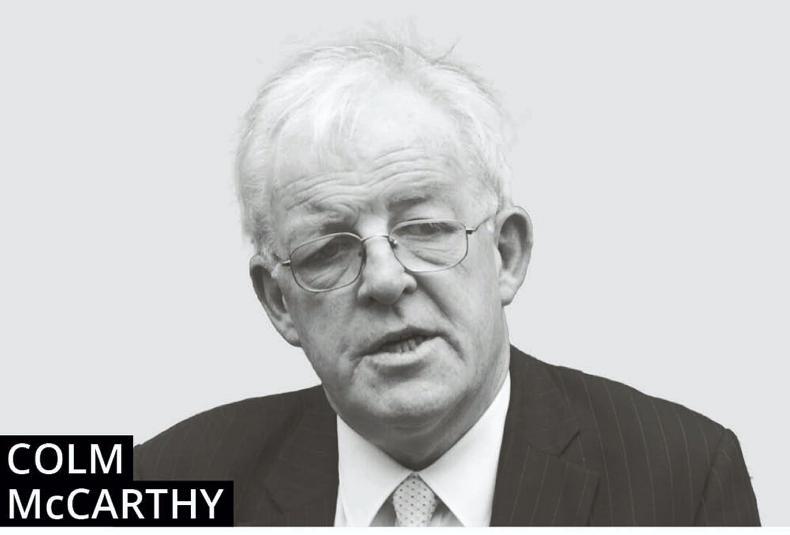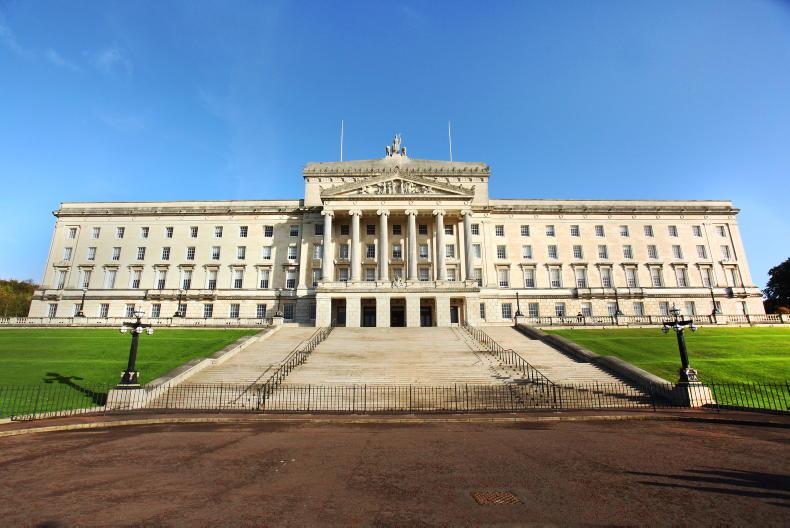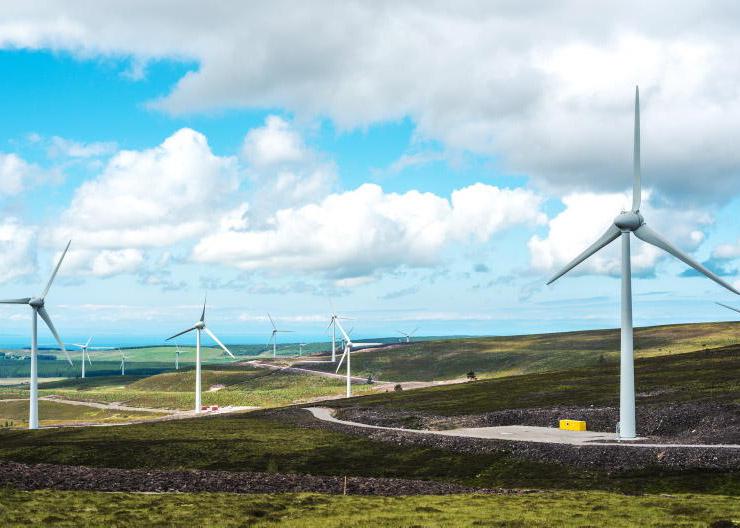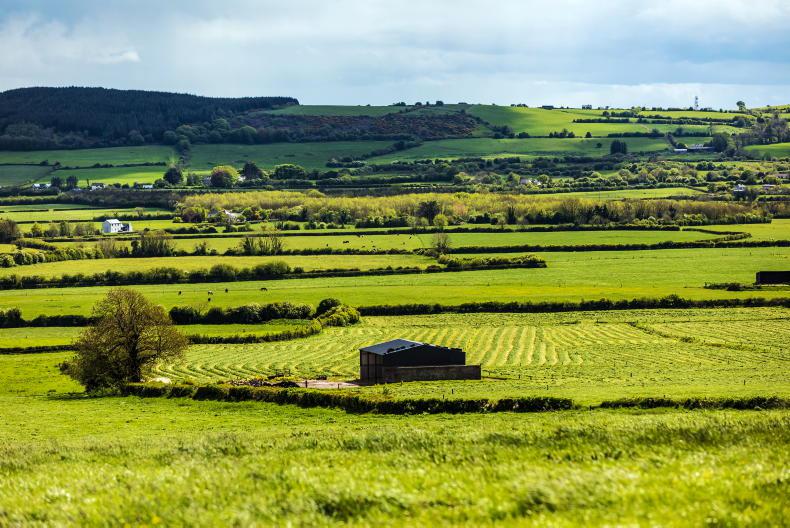Actress Emma Thompson turned up at one of the Extinction Rebellion demonstrations in London a few weeks back, signifying her concern about climate change. She then emplaned for New York where the star of Love Actually and several Harry Potter movies was due to host Saturday Night Live.
Unfortunately for Ms Thompson, air travel, especially in first class at fares up to £18,000 with free champagne on the house, is not the best vehicle for virtue-signalling and the tabloids went to town.
“Emma Thompson the first-class hypocrite! Actress is pictured dining on champagne and beef in £18,000 personal booth on carbon-spewing BA plane jetting to New York days after lecturing us all to stop flying”, screamed the Daily Mail and she got the same treatment from the remainder of Fleet Street’s finest.
Leaked report
Her travails with the newshounds coincided with a leaked EU report which has been a long time coming. The aviation industry has had something of a charmed life, largely exempt from excise taxes on jet kerosene and VAT.
But the European Commission has been plotting a change which it hopes to coordinate with non-EU countries and would see a tax on jet fuel, adding about 10% to airline tickets.
Aviation accounts for about 2.5% of worldwide emissions
Do not expect this to happen soon and do not expect Donald Trump to climb aboard either but come it will in due course.
Aviation accounts for about 2.5% of worldwide emissions, not a huge portion but it is indefensible that people in Europe pay serious taxes on auto fuels and not a cent when they fly.
Brace
If you think that a 10% hike in fares resulting from a jet fuel tax would be a bit of a blow, adopt the brace position. VAT is 23% in Ireland and there is no basis I can think of for airline tickets being spared.
The full impact of excise on fuel and VAT could be to increases airline tickets by maybe one-third.
Other things equal, this would cut air passenger volumes by about the same amount, since the price elasticity of demand is reckoned to be about unity. Fares up a third means volumes down a third.
Now it is unlikely that anything at all will happen for a couple of years (the report has not been officially released but was leaked to the Financial Times) and any VAT changes will take even longer.
Some countries already have taxes on tickets – including the UK, so Emma Thompson would have had to cough up – but Ireland has none
But it is entirely possible that both changes could be implemented gradually over 10 years from their introduction, which would mean that the normal growth in European air traffic over that period would be fully offset. Another few years of growth could be followed by a decade of little or none.
Some countries already have taxes on tickets – including the UK, so Emma Thompson would have had to cough up – but Ireland has none. Not surprisingly, the airlines are not happy and expect a fightback, with promises of voluntary, industry-led schemes and offset arrangements (fly with us and collect points, you can plant a tree instead of a free flight).
There is such a thing as a zero-emission plane but sadly it is called a glider, and I am not a potential customer
There are also efforts under way to replace jet fuel with low- or zero-emission technologies. There is such a thing as a zero-emission plane but sadly it is called a glider, and I am not a potential customer.
Alternatives
Nuclear aeroplanes are not realistically possible although it could be an option for ships, also a beneficiary of current no-tax policy – icebreakers and submarines are already nuclear. Electric planes are probably not going to happen – the batteries would simply be too heavy. Experiments are underway but the engineers are not optimistic. Hydrogen-based fuels are another long-term possibility.
Planes are much more fuel-efficient, because of lighter materials and better engines and there are less circuitous flight paths
With available or even far-horizon technologies, a reduction in emissions from aviation almost certainly means a discouragement of demand, which means taxes.
The aviation industry complains that it has made serious progress in reducing emissions (not in total but per passenger kilometre) in recent decades, and this is true. Planes are much more fuel-efficient, because of lighter materials and better engines and there are less circuitous flight paths. But there are some curious things going on at the same time.
Weight
In the USA, the increase in the average weight of passengers has offset some of the achieved weight reductions in airframes, purchased at great cost by investing in materials science. While Boeing was purchasing science over the last 20 years, the passengers were purchasing bacon double cheeseburgers, and 250 passengers at 4kg extra per passenger is an additional tonne of payload.
Some airlines, at zero capital cost, have begun to charge separately for luggage and this has encouraged passengers to take less on board. Charging per weight rather than per item for luggage is the next step and some carriers are beginning to do so. Could the battle against emissions one day result in weighing the unfortunate passengers?
Read more
Colm McCarthy: counting the cost of cutting carbon emissions
Hogan’s intervention in fertiliser debacle a turning point - IFA
Actress Emma Thompson turned up at one of the Extinction Rebellion demonstrations in London a few weeks back, signifying her concern about climate change. She then emplaned for New York where the star of Love Actually and several Harry Potter movies was due to host Saturday Night Live.
Unfortunately for Ms Thompson, air travel, especially in first class at fares up to £18,000 with free champagne on the house, is not the best vehicle for virtue-signalling and the tabloids went to town.
“Emma Thompson the first-class hypocrite! Actress is pictured dining on champagne and beef in £18,000 personal booth on carbon-spewing BA plane jetting to New York days after lecturing us all to stop flying”, screamed the Daily Mail and she got the same treatment from the remainder of Fleet Street’s finest.
Leaked report
Her travails with the newshounds coincided with a leaked EU report which has been a long time coming. The aviation industry has had something of a charmed life, largely exempt from excise taxes on jet kerosene and VAT.
But the European Commission has been plotting a change which it hopes to coordinate with non-EU countries and would see a tax on jet fuel, adding about 10% to airline tickets.
Aviation accounts for about 2.5% of worldwide emissions
Do not expect this to happen soon and do not expect Donald Trump to climb aboard either but come it will in due course.
Aviation accounts for about 2.5% of worldwide emissions, not a huge portion but it is indefensible that people in Europe pay serious taxes on auto fuels and not a cent when they fly.
Brace
If you think that a 10% hike in fares resulting from a jet fuel tax would be a bit of a blow, adopt the brace position. VAT is 23% in Ireland and there is no basis I can think of for airline tickets being spared.
The full impact of excise on fuel and VAT could be to increases airline tickets by maybe one-third.
Other things equal, this would cut air passenger volumes by about the same amount, since the price elasticity of demand is reckoned to be about unity. Fares up a third means volumes down a third.
Now it is unlikely that anything at all will happen for a couple of years (the report has not been officially released but was leaked to the Financial Times) and any VAT changes will take even longer.
Some countries already have taxes on tickets – including the UK, so Emma Thompson would have had to cough up – but Ireland has none
But it is entirely possible that both changes could be implemented gradually over 10 years from their introduction, which would mean that the normal growth in European air traffic over that period would be fully offset. Another few years of growth could be followed by a decade of little or none.
Some countries already have taxes on tickets – including the UK, so Emma Thompson would have had to cough up – but Ireland has none. Not surprisingly, the airlines are not happy and expect a fightback, with promises of voluntary, industry-led schemes and offset arrangements (fly with us and collect points, you can plant a tree instead of a free flight).
There is such a thing as a zero-emission plane but sadly it is called a glider, and I am not a potential customer
There are also efforts under way to replace jet fuel with low- or zero-emission technologies. There is such a thing as a zero-emission plane but sadly it is called a glider, and I am not a potential customer.
Alternatives
Nuclear aeroplanes are not realistically possible although it could be an option for ships, also a beneficiary of current no-tax policy – icebreakers and submarines are already nuclear. Electric planes are probably not going to happen – the batteries would simply be too heavy. Experiments are underway but the engineers are not optimistic. Hydrogen-based fuels are another long-term possibility.
Planes are much more fuel-efficient, because of lighter materials and better engines and there are less circuitous flight paths
With available or even far-horizon technologies, a reduction in emissions from aviation almost certainly means a discouragement of demand, which means taxes.
The aviation industry complains that it has made serious progress in reducing emissions (not in total but per passenger kilometre) in recent decades, and this is true. Planes are much more fuel-efficient, because of lighter materials and better engines and there are less circuitous flight paths. But there are some curious things going on at the same time.
Weight
In the USA, the increase in the average weight of passengers has offset some of the achieved weight reductions in airframes, purchased at great cost by investing in materials science. While Boeing was purchasing science over the last 20 years, the passengers were purchasing bacon double cheeseburgers, and 250 passengers at 4kg extra per passenger is an additional tonne of payload.
Some airlines, at zero capital cost, have begun to charge separately for luggage and this has encouraged passengers to take less on board. Charging per weight rather than per item for luggage is the next step and some carriers are beginning to do so. Could the battle against emissions one day result in weighing the unfortunate passengers?
Read more
Colm McCarthy: counting the cost of cutting carbon emissions
Hogan’s intervention in fertiliser debacle a turning point - IFA










SHARING OPTIONS